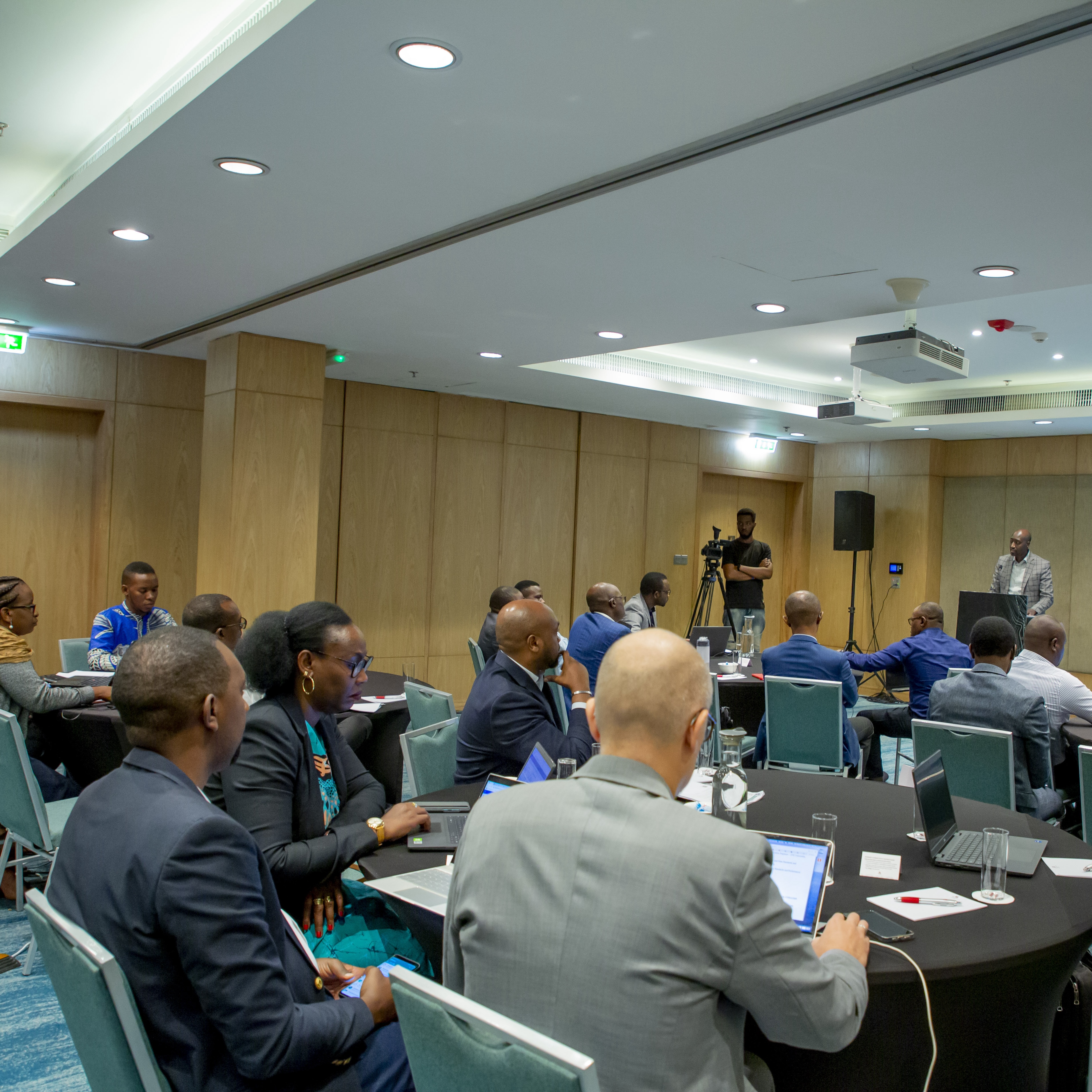
Country Status
In 2022, Rwanda generated 10 million kilograms of e-waste, of which 2 million kgs were documented as formally collected and recycled. Rwanda is committed to creating a circular economy for electronics and has adopted several policy, legal and regulatory instruments applying to e-waste. The 2016 National E-Waste Management Policy under the custody of the Rwanda Environmental Management Authority (REMA) provide comprehensive guidance for the efficient and effective management of discarded electrical and electronic equipment (EEE) through appropriate legal and regulatory instruments. The 2018 e-waste regulation Governing E-Waste Management in Rwanda covers all EEE categories, including their components, sub-assemblies, consumables, and parts. It sets out measures to tackle the end-of-life of EEE in an environmentally sound manner and to promote resource efficiency through reuse, recycling, refurbishment, and other forms of recovery. The Rwanda Utilities Regulatory Authority (RURA) is the custodian authority for the 2018 regulations. Article 24 of the 2018 e-waste regulations makes provisions for extended producer responsibility (EPR) for EEE. The Government is currently scoping how and where to register producers of electrical and electronic equipment, whilst also determining the potential costs required to operate an EPR system in Rwanda for the electronics sector.
- E-Waste Generated (million kg): 10
- E-Waste Generated (kg per capita): 0,7
- E-Waste Documented as Formally Collected and Recycled: 2 (million kg)
- E-Waste Policy, Legislation or Regulation: Yes
- EPR on E-Waste: Yes
- Collection Target in Place: No
- Recycling Target in Place: No

| 
|
ITU and E-waste in RwandaITU has been providing assistance REMA and RURA and several key stakeholders. The current focus is on supporting the legal, administrative, and financial modalities for effective implementation of the EPR regulations on e-waste and to establish the EPR system.
- ITU – UNEP (2021 – 2022)
In collaboration with the Rwanda Utilities Regulatory Authority (RURA), ITU and the UN Environment Programme (UNEP) supported the harmonization of legal instruments in Rwanda for the sound management of e-waste. A dedicated study on the financial mechanism to support the implementation of extended producer responsibility for e-waste management was published. Alongside this, an awareness campaign was conducted in the districts of Kigali and Musanze with the objective to raise awareness among the population to increase the return of old and end-of-life electrical and electronic equipment to dedicated drop-off points. This was done in partnership with Enviroserve Rwanda, the country's largest e-waste recycling company which operates under a public-private partnership with the Government of Rwanda. Alongside the development of the EPR implementation guidelines, an awareness campaign, #GreenRwanda E-waste Collection Campaign, was undertaken to promote the return of e-waste to collection points in Rwanda. The campaign was organized by Spruik Rwanda, under the project between ITU and UNEP, in collaboration with RURA and fellow government ministries and departments, as well as with other national implementing partners. The campaign aimed to increase awareness about the environmental and human health hazards of old and end-of-life electrical and electronics equipment when not properly disposed of. The campaign aimed to boost the return of e-waste at dedicated collection points managed by Enviroserve Rwanda, the country's largest e-waste recycling company which operates under a public-private-partnership with the Government of Rwanda.
ITU – GIZ GovStack (2022 – 2023)
To operationalize Article 24 of the 2018 e-waste regulations, ITU and UNEP, also in collaboration with the GovStack Initiative of DIAL, GIZ, the German Government and the Estonian Government, have been assisting the Government of Rwanda with scoping of the requirements for the implementation of three core areas: legal regime, administrative arrangements, and financial modalities. As part of the legal regime component, an analysis is being conducted of the current regulatory framework to determine whether it is fit for purpose to uphold and enforce an EPR system. Under the administrative arrangement component, a review of business processes for registration and for fee payment, based on existing procedures, is underway. This component has been led by the GovStack initiative which aims to accelerate the digitalization of government services (amongst which EPR registration). The last component, on financing, has seen a detailed study of the operational cost of e-waste management in Rwanda, with the aim to determine an economically viable and appropriate EPR fee for this sector.
ITU – CST (2023 – 2025)
Building on previous initiatives in the area of strategy, policy, and regulatory development for e-waste management, ITU is collaborating with the Communications, Space and Technology Commission (CST) of the Kingdom of Saudi Arabia, on a two-years project for the sound implementation of national e-waste policy and regulations in Paraguay, Rwanda and Zambia. In Rwanda, the project will be three-fold. The legal component of the project will focus on finalization of the RURA regulations Governing E-Waste Management, on the RICA Governing Electrical and Electronic Products regulation and on the preparation of EPR implementation guidelines. The financial component of the project will allow the preparation of a budgeting tool for PRO membership fee model and ensure further consultation with the PRO members and other EEE producers on the EPR fee structure. Finally, the project's administrative component will support the design of the architecture and piloting of the EPR digital service design and focus on the identification of reporting and registration lines between PRO and RURA and prepare the draft PRO governance structure.